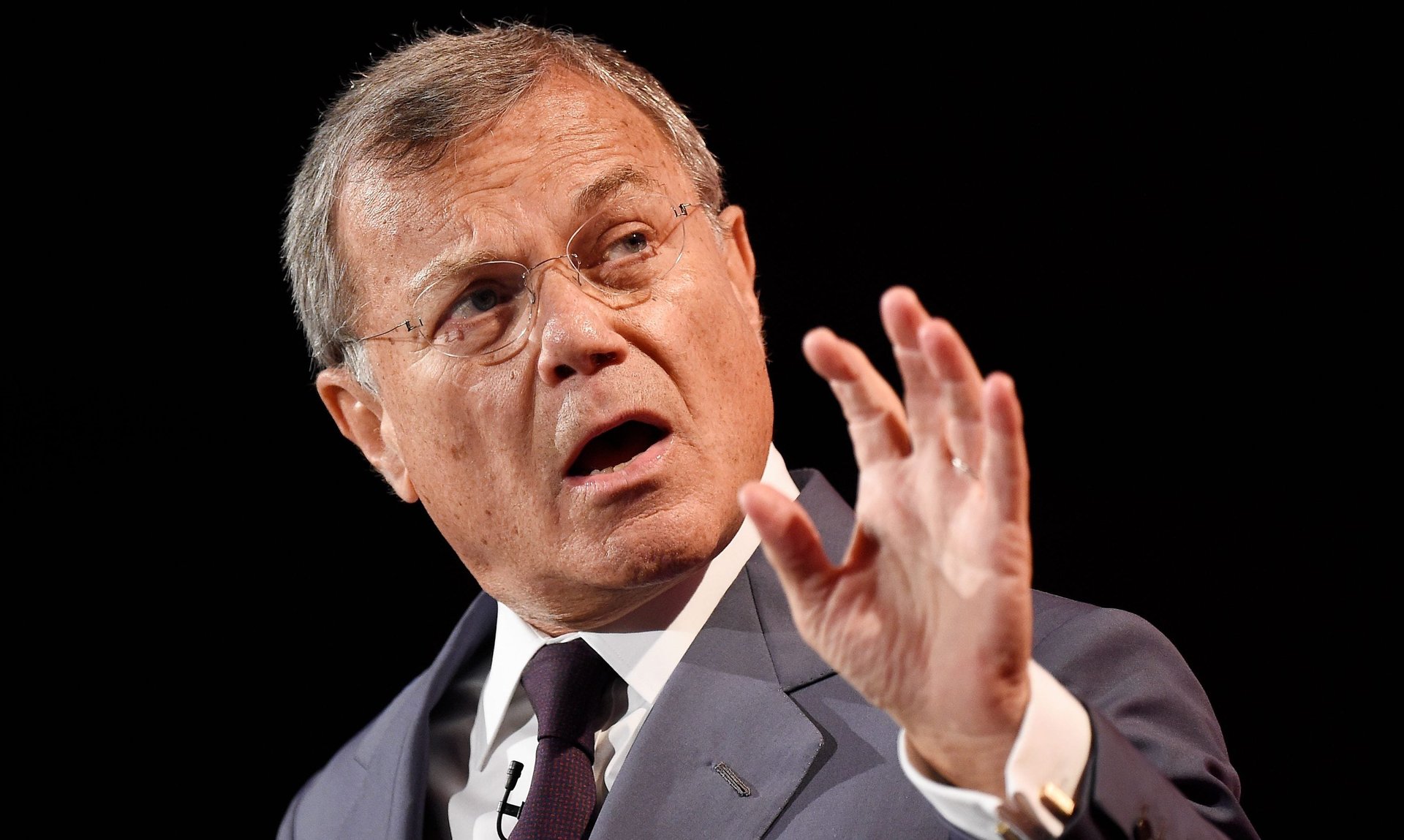The most powerful person in advertising is gone—just as it faces an existential crisis
WPP, the world’s largest advertising group, announced yesterday that Martin Sorrell was stepping down as CEO following an investigation into alleged wrongdoing reportedly involving misuse of company funds that concluded that any misconduct “did not involve amounts that are material.”


WPP, the world’s largest advertising group, announced yesterday that Martin Sorrell was stepping down as CEO following an investigation into alleged wrongdoing reportedly involving misuse of company funds that concluded that any misconduct “did not involve amounts that are material.”
Sorrell, 73, has been the most outspoken and highest-profile executive in the advertising industry for years, especially since rival Maurice Levy handed over his CEO role at Publicis last year. For more than a decade, he’s publicly called out technology companies’ incursions into the media and advertising businesses, famously dubbing Google a “frenemy,” a combination of friend and enemy.
Sorrell, who has denied any wrongdoing, took over WPP as CEO in 1986, and through an audacious series of acquisitions transformed the UK maker of wire shopping carts and animal cages into a modern advertising holding company that today has over 200,000 employees across its businesses.
But the ad industry is now roiled by concerns about their futures, much of it linked to the reshaping of advertising accelerated by the tech giants. WPP shares are down about 30% over the past 12 months; client billings fell 5.4% in 2017 on a like-for-like basis. And hedge funds are among those betting things will get even worse, placing bets (paywall) against Sorrell’s company and its competitors.
Sorrell has said the company got “walloped” last year by lower spending on advertising by its clients. Procter & Gamble, one of WPP’s biggest, is among those slashing spending on agency work. And media publishers and management consulting firms, themselves under attack, are trying to take on some of the work that advertising and creative agencies like WPP traditionally performed.
Facebook and Google will take in 56.8% of digital ad spending in the US this year, according to research firm eMarketer. WPP spends on those platforms on behalf of clients, taking a cut—Sorrell has said WPP spent about $5 billion with Google and $2 billion with Facebook last year.
But the shift to more automated ad buying also undermines any opportunity for advertising groups to add to their profits, and the rapidity of changing consumer media and spending habits has made it hard for the largest ad groups to adapt.
While Sorrell has said that Google and Facebook have become “friendlier frenemies,” at least in part because of government pressure on them, he also noted another US tech giant, Amazon, and its potential impact on advertising kept him awake at night.